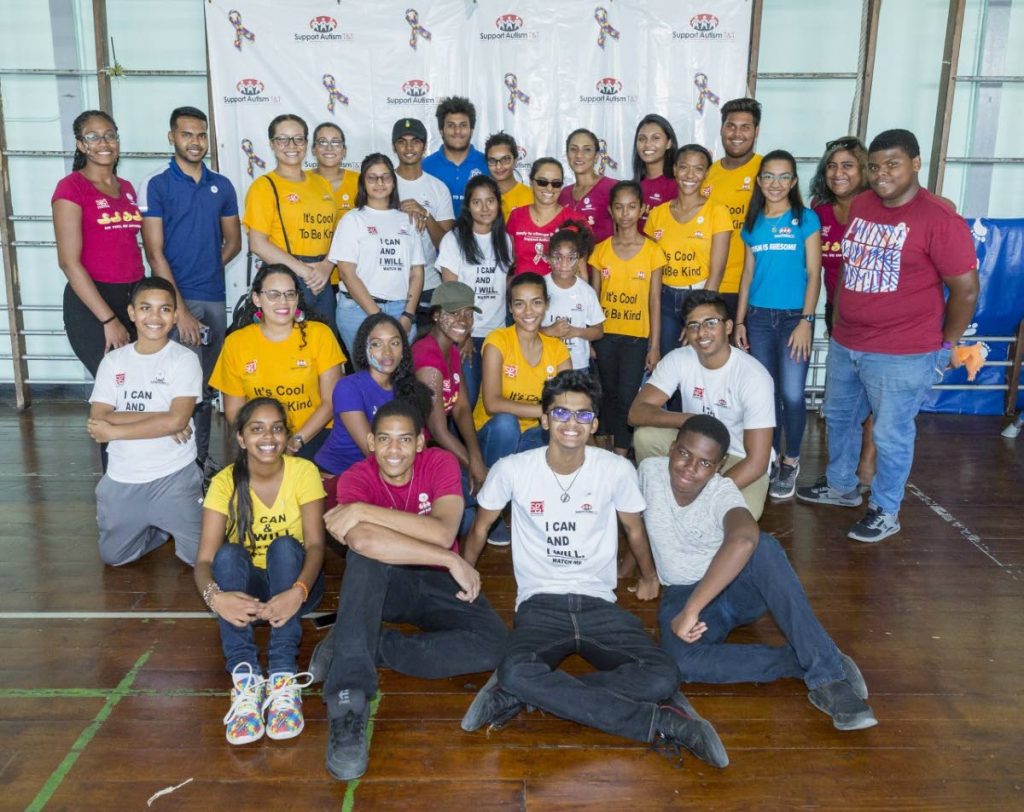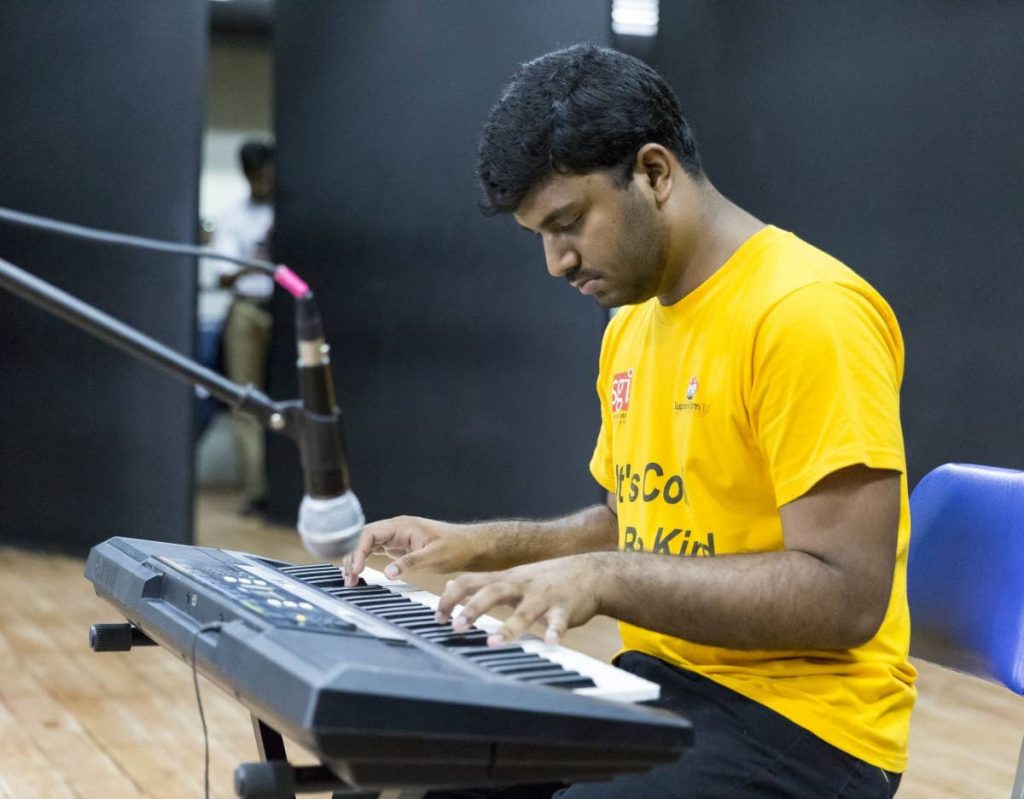Politics and special needs

DR RADICA MAHASE
IN just about 12 months, there will be a general election in TT. Some politicians have been campaigning since the last election; some have recently started campaigning; and some will start campaigning soon. Most (if not all) politicians have not included individuals with special needs in their campaigns. Most (if not all) have not even thought about including individuals with special needs in their campaign.
In the past year or so, the topic of special needs has been in the media on a more regular basis and there has been a stronger sense of advocacy by individuals with special needs and their parents/caregivers, NGOs and other stakeholders.
It is imperative that we make issues pertaining to the special needs population a prominent part of the election discourse and that we ensure that individuals with special needs are actively involved and engaged in the election process. There is a general saying "when something doesn’t hit home, politicians don’t really care." In the case of special needs, it simply means that unless a politician has a child or relative with special needs or is close to someone with special needs, then special needs issues are not really important to the politicians.
However, special needs cross race, ethnicity and age. Individuals with special needs do not only belong to a particular religion or area. They can be found throughout the country, regardless of demographics. They are part of the TT population; they are citizens of this country. As such, they should be an integral part of the entire election campaign.

Anil, a 35-year-old wheelchair user noted, “Last election I wanted to attend some of the political rallies. I have a deep interest in politics, I always did. I am a very independent person and my wheelchair is my mobility device; I can navigate it on my own and I drive and take myself wherever I want to go. Generally I don’t need to have someone with me. But so many of the rallies were in spaces where I could not go with my wheelchair or if I went I had to take someone to assist me. You would think that if a big political party is organising a rally or any political function they would at least make sure that the space is accessible to wheelchair users.”
The special needs population is such a marginalised one when it comes to politics and politicians in this country although there are so many issue that politicians could take up pertaining to the special needs population. Politicians need to find out what is needed for this segment of the population to be able to live fulfilling lives; to treat them as if they are indeed valuable members of society; and to interact with them, not just for optics. They need to make their campaigns accessible to those with special needs – how many would take the time and effort to organise sign language interpreters when they are giving speeches? Are campaign venues accessible to wheelchair users? Is there accessible parking?
It is important to engage with those with special needs and those who work with special needs as well as advocates so as to really understand what is needed and what should be implemented to cater to their needs. TT politicians have a reputation for exploiting groups and individuals in the name of votes but there is a big difference between inclusion and exploitation. There is also a big difference between genuine interest and lip service. Politicians genuinely interested in the special needs population can highlight, adopt and campaign on many special needs issues – from accessible transportation to social welfare, health and education amongst others.
For those politicians who believe that the special needs population is too small to influence voting outcomes, it might help to note that the special needs population has a strong supporting population which includes parents/caregivers and siblings, educators, therapists and so on who will recognise genuine interests and efforts. Hopefully campaigns for the next 12 months will focus on real issues facing the special needs communities and realistic ways to deal with these. Too often politicians campaign with grand promises but when they get in power they forget about the people who voted for them or the promises on which they won their votes. Thus, once election is over there are no real changes to people’s lives. It would be interesting to see how the election campaign works out.
Dr Radica Mahase is founder/director, Support Autism T&T

Comments
"Politics and special needs"